The small Saxonian town of Brandis has been attracting attention through innovation for many years now. Now it wants six more municipalities to join its journey into the future.
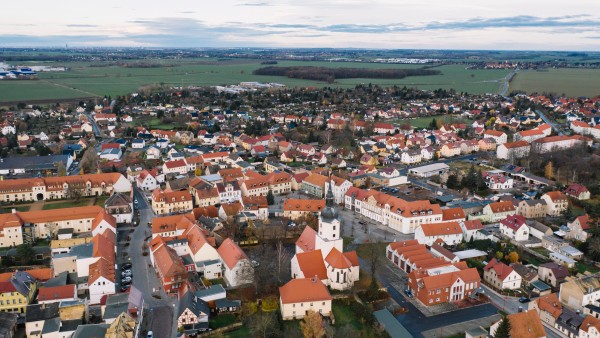
Free wi-fi is provided at the market square, the centre of the Saxon city of Brandis.
Brandis is doing pretty well. Their old commercial area is almost completely rented out and the demand for building sites for residential houses is higher than the supply. And yet Arno Jesse (picture above) says, “We need to cooperate.” Jesse is the mayor of Brandis, and by “we”, he means the small municipalities in Partheland. Named after the small river Parthe, it lies between the economically strong city of Leipzig and the medium-sized towns of Grimma and Wurzen. Faced with this competition, the municipalities want to remain attractive for inhabitants and companies and retain their autonomy. This is why they created the Partheland region at the end of 2018 and are now cooperating on the ultimate issue of the future: digitalisation.
The German Federal Ministry of the Interior, Building and Community (BMI) and KfW are supporting technological change with EUR 750 million as part of the "Smart Cities Pilot Projects". It is not just medium-sized and large cities that benefit from grants, but also small ones like Brandis with its nearly 10,000 inhabitants and villages like Großpösna, which is half the size of Brandis. Brandis and Großpösna, together with Naunhof, Borsdorf, Belgershain, Parthenstein and Machern, form the Partheland model region, which receives 4.7 million euros from KfW for the strategic and implementation phase of the Smart Cities project; the municipalities themselves are contributing an additional third.
Tailor-made digitalisation
This is the third time in quick succession that Brandis has been awarded a grant in a federal or state funding competition. In 2014, Brandis secured the title of Saxon Innovation Municipality and has been one of nine Open Government pilot communities of BMI since 2017. The driving force behind the applications is Mr Jesse, who originates from the city of Oldenburg. Formerly managing director of a marketing firm and mayor since 2013, he has been living in the small town in the Leipzig surroundings since 2002.
Read more under the image gallery.
A charging station for e-bikes is located between the town hall and the church.
In rural areas “our focus is traditional public services”, says Jesse about the digital future, not “expensive technical solutions”. Sensor technology plays a secondary role outside of densely populated areas. Parking spaces are always available here, the county is responsible for waste collection, and open source platforms are not among the most pressing needs of residents.
Brandis is a kind of locomotive for the Partheland region. Thanks to funding from previous competitions, the town now has digital equipment that “we couldn’t have afforded either financially or in terms of manpower,” says Jesse. Many administrative processes and even the municipal maintenance department have been digitalised, city council functions largely without paper, and the market square and railway station in Brandis-Beucha are wi-fi zones. There is a citizens’ app and an engaging municipal website with a participation portal and a place to report problems. Participatory projects using an app such as “Kinder entdecken Brandis” (Children Discover Brandis) have made the possibilities of technological change tangible.

“In rural areas our focus is traditional public services, not expensive technical solutions.”
The other towns in Partheland have yet to make this much progress. But the German Federal Online Access Act (Onlinezugangsgesetz) also applies to these municipalities: by 2022, all municipal services must also be offered online. In villages, even though the distance to the municipal administration is shorter, it can still be more difficult due to a lack of public transport. This is why the prospect of eliminating trips to local government offices is a welcome one for people who have difficulty walking.
Test phases extending over several months
At a first meeting, representatives of the “smart cities” pilot region Partheland consulted with IT specialists and engineers to develop the first projects that stand a chance of receiving KfW support. Already in 2020, for example, a test phase lasting several months is planned to explore how e-mobility can be organised in rural areas. The plan is to set up a temporary rental service for electric cars and electric bicycles with a private partner. One of the concerns here is that the municipalities have company cars that are not fully utilised. Car sharing could generate savings in the operation of the municipalities’ vehicle fleets.
In addition to e-mobility, smart living will also be tested in Brandis. For example, barrier-free, energy-efficient, digitally assisted living could keep the elderly from having to move into a nursing home. Three blocks of flats owned by the city’s housing association, which are scheduled for energy-efficient rehabilitation, are to be connected as smart homes and equipped with digital services. Smart living is considered a flagship project because the other municipalities can easily adopt proven concepts and quickly benefit from the Brandis experience.
A third example is the stationary digital laboratory. It is planned to be set up in the former community centre in the Beucha district, where the municipality also intends to establish a start-up centre and a co-working space. “Raising awareness about digitalisation,” is how Jesse describes the function of the digital laboratory and says that it has “not yet really caught on” in rural areas. In the digital laboratory, residents can experience first-hand on the basis of prototypes what technological change might be like and what impacts it could have. Several towns in Partheland are interested in these projects. Once the laboratory is equip-ped, it could pretty much move from place to place.
Source
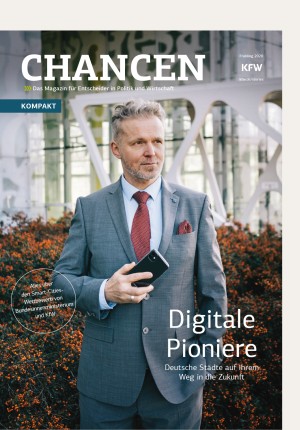
This article was published in CHANCEN Kompakt spring/summer 2020 "Digitale Pioniere".
To German editionAfter all, the idea is to involve people in the decision-making processes in all of the projects. The mayor of Brandis generally sees the “Smart City” project as an opportunity to “motivate residents to participate in city life”. In his own words, he is currently experiencing “an enormous process of change, even if many citizens are not yet aware of it”.
The region around Leipzig, which also includes the Partheland municipalities, is a growth zone. The population of Saxony’s largest city has increased by 100,000 in the past ten years. Grimma, which borders Partheland to the east, has seen a 50 per cent increase in the same period. The municipalities of Partheland have to leverage synergies to be successful because Jesse is sure that “it will not be feasible in the long run for every municipality to offer all the skills and expertise”. Smart solutions can help to stay strong.
The described project contributes to the following United Nationsʼ Sustainable Development Goals
Goal 9: Build resilient infrastructure, promote sustainable industrialization and foster innovation
Non-existent or dilapidated infrastructure hinders economic efficiency and thus engenders poverty. When building infrastructure, the focus should be on sustainability, for example, by promoting environmentally-friendly means of transport. Factories and industrial facilities should also ensure that production is in line with ecological aspects to avoid unnecessary environmental pollution.

All United Nations member states adopted the 2030 Agenda in 2015. At its heart is a list of 17 goals for sustainable development, known as the Sustainable Development Goals (SDGs). Our world should become a place where people are able to live in peace with each other in ways that are ecologically compatible, socially just, and economically effective.
Published on KfW Stories: 28 January 2020.


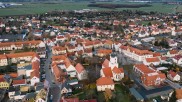
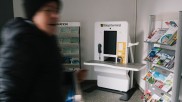
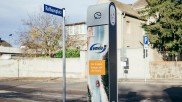
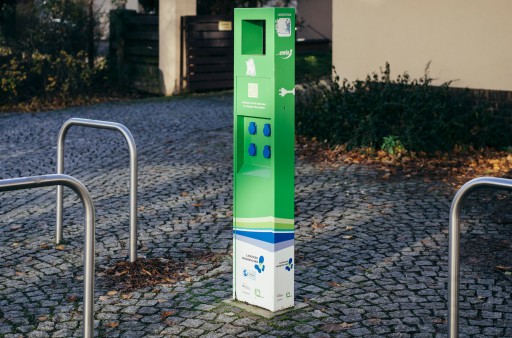
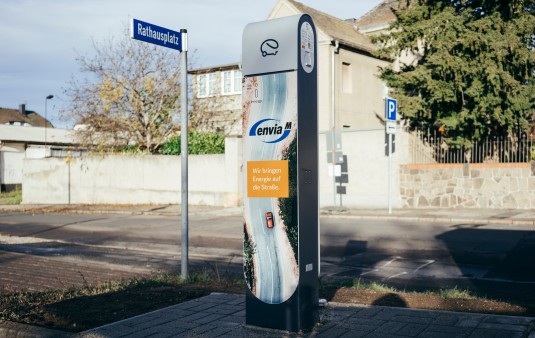
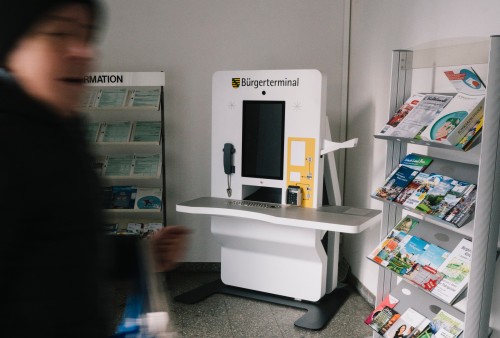
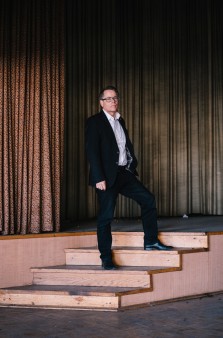






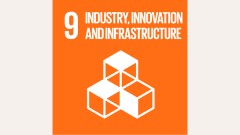
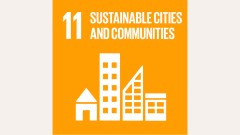

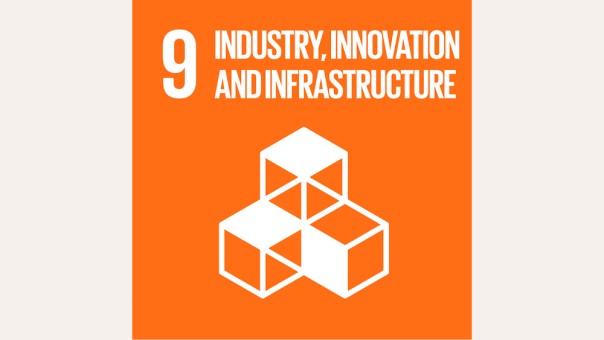
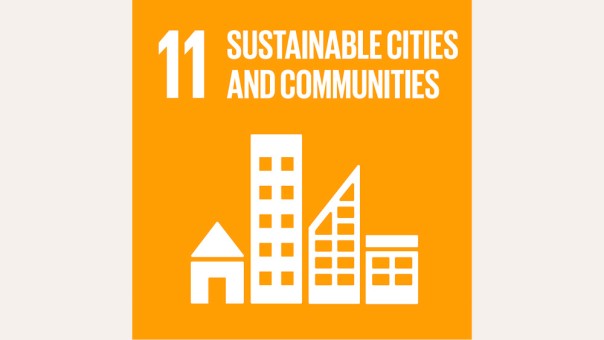


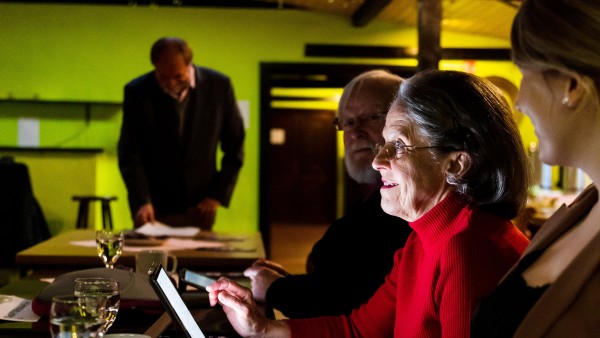
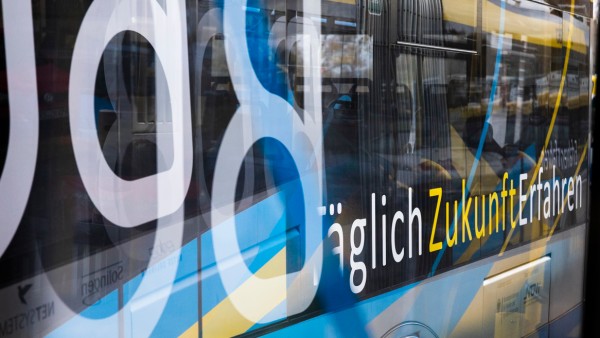
Data protection principles
If you click on one of the following icons, your data will be sent to the corresponding social network.
Privacy information